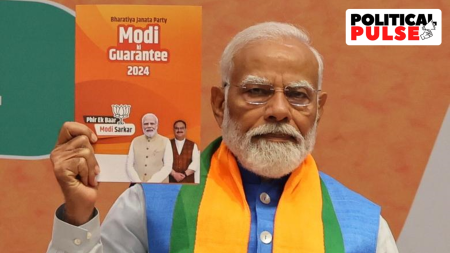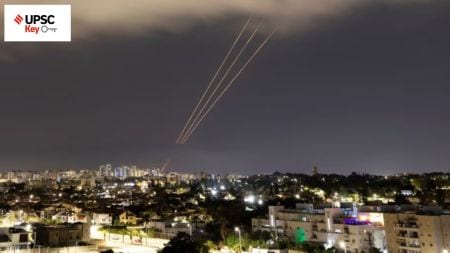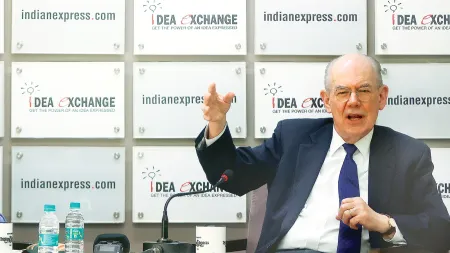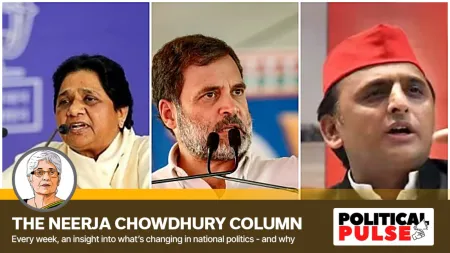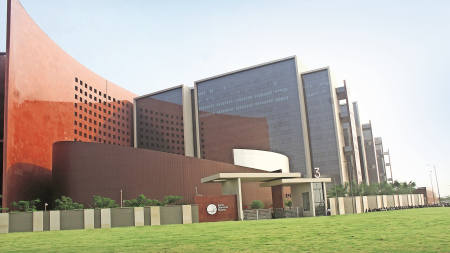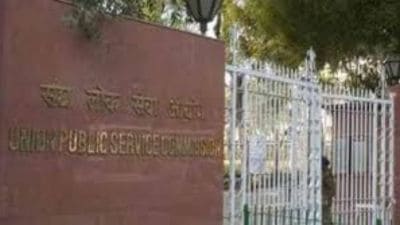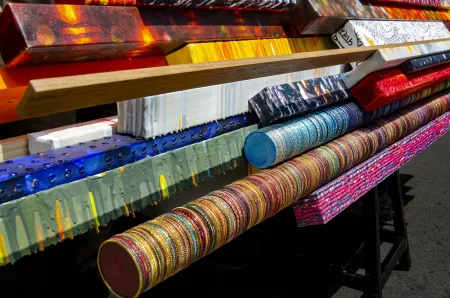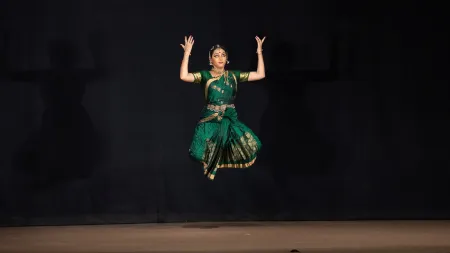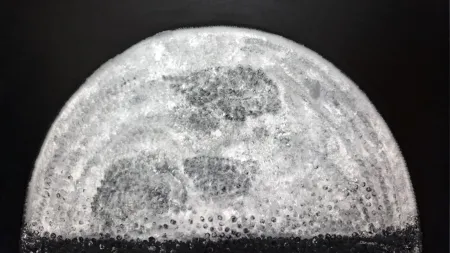- India
- International
Dad’s the Word
His Father's Voice, a film by Kaarthikeyan Kirubhakaran, explores the effects of parental conflict on children through the journey of a young dancer.
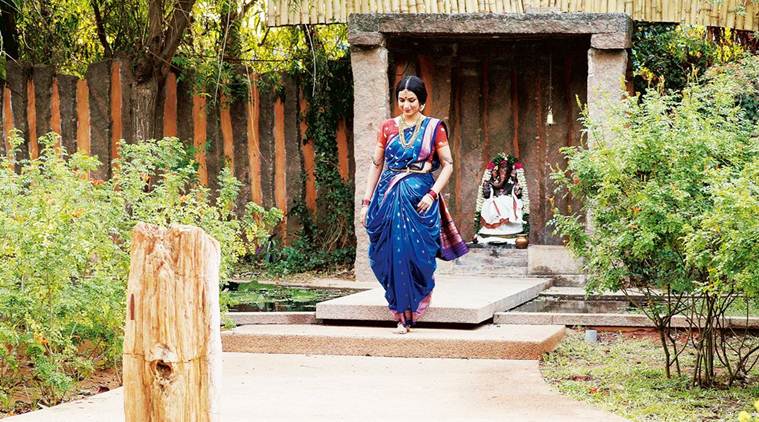 Stills from His Father’s Voice; Kaarthikeyan Kirubhakaran.
Stills from His Father’s Voice; Kaarthikeyan Kirubhakaran.
What is love without understanding?” asks filmmaker Kaarthikeyan Kirubhakaran, whose feature film, His Father’s Voice, was screened at the National Film Archive of India in Pune recently. At the heart of the story is a young dancer called Kris, who travels from Australia all the way to Puducherry to meet the father who has not contacted him for more than 12 years. Kris is filled with the accumulated anger and trauma of a lifetime as his journey brings him to the garden where he had played as a child.
The film opened at the Arena Cinelounge in Hollywood in April and has been released on Amazon Prime, YouTube Movies and Google Play in the US, the UK, Canada, and Australia. In India and worldwide, it is currently available on Vimeo on Demand, with subtitles in 10 international languages, among them, Japanese, Russian and Hebrew.
Speaking of the trigger for His Father’s Voice, Kirubhakaran says, “Over the years, I have seen many instances of people, whose children had to cope with discord in the marital lives of their parents. They cannot process what the argument is about, and, as the atmosphere becomes toxic, they are left to their own devices.” Kirubhakaran graduated in film direction from the Film and Television Institute of India, Pune, in 1991 and followed this with a course in cinematography at the La Fondation Européene des Métiers de l’Image et du Son, Paris, from 1991 to 1993. He has worked since then on several international and Indian films, in roles ranging from cinematographer to actor to producer.
In His Father’s Voice, with two couples living in close proximity, one marriage falls apart. Kris’s parents separate, and his mother takes him away from his father. “Kris is 12 and his need for his mother is great, but his ties to his father are no less,” says Kirubhakaran. Seeing the child torn between parents, the father lets go, and allows Kris to leave with his mother, with the promise that he will visit him — which he is unable to fulfil. His Father’s Voice is located in a music and dance school in Tamil Nadu, enabling Kirubhakaran to present a world steeped in spiritual connection, direct human interactions and traditional culture. There are no mobile phones or such electronic devices. “We have forgotten what it is to truly connect with each other, despite all the technology that is intended to make communication easier,” says Kirubhakaran.
The theme of dance weaves through the story as it becomes Kris’s way to stay connected with India. His destiny has taken him across countries and continents. When he is 18, he finds a Bharatanatyam teacher, who makes Kris aware of the importance of reconnecting with his father. The film’s music is by Vedanth Bharadwaj, a spiritual performer and music composer, while lead actor Jeremy Roske has sung his own songs. Artist and dancer Ashwini Pratap Pawar, who is married to Kaarthikeyan, plays the lead role of Parvathi, and is also one of the co-producers of the film.

Adding another layer to the story is the allegory of the Ramayana, in which Rama is exiled by his father. “While I was writing this film, I chanced to read a translation of the Uttararamacarita by Bhavabhuti. Because of this, Rama’s agony at being separated from Sita and his children, mirrors the agony of my character Kris and his father Jon,” says Kirubhakaran.
The intimate scenario of the story contrasts with the sweep of geography that the characters belong to. Kris’s parents, for instance, are Americans, who come to India and Kris himself is learning Bharatanatyam in Australia. The east-meets-west nature of the film can be traced to Kirubhakaran’s residence near Auroville, where he constantly meets people from around the globe. “You could be at a table having a meal in Auroville and find yourself with people from many different countries,” he says. Another reason Kirubhakaran seems at ease with distances is that his own childhood was spent in different parts of India, where his father had been posted while serving in the civil services.
Kirubhakaran has shot this film, almost entirely in a garden near his house. It is here that he shows the passage of time and two generations of characters. “Our home is surrounded by a forest. Yet, I consider ‘live’ sound to be the most incredible achievement of this movie, given the noisy environment, which is the norm for most real locations in India. There’s not a single line of dialogue that needed to be dubbed or an effect that was not already recorded on location,” he says.
Apr 16: Latest News
- 01
- 02
- 03
- 04
- 05




